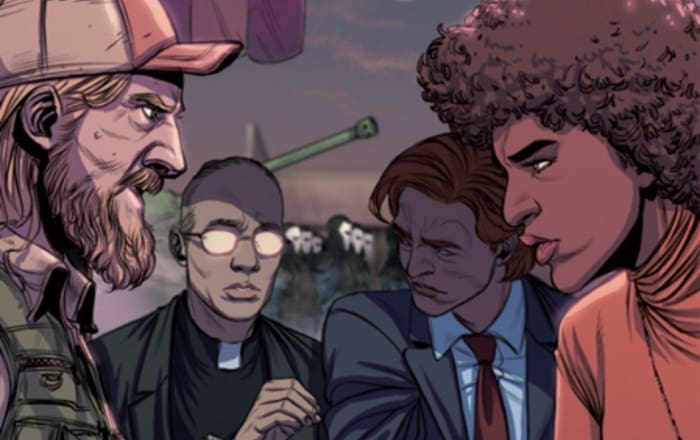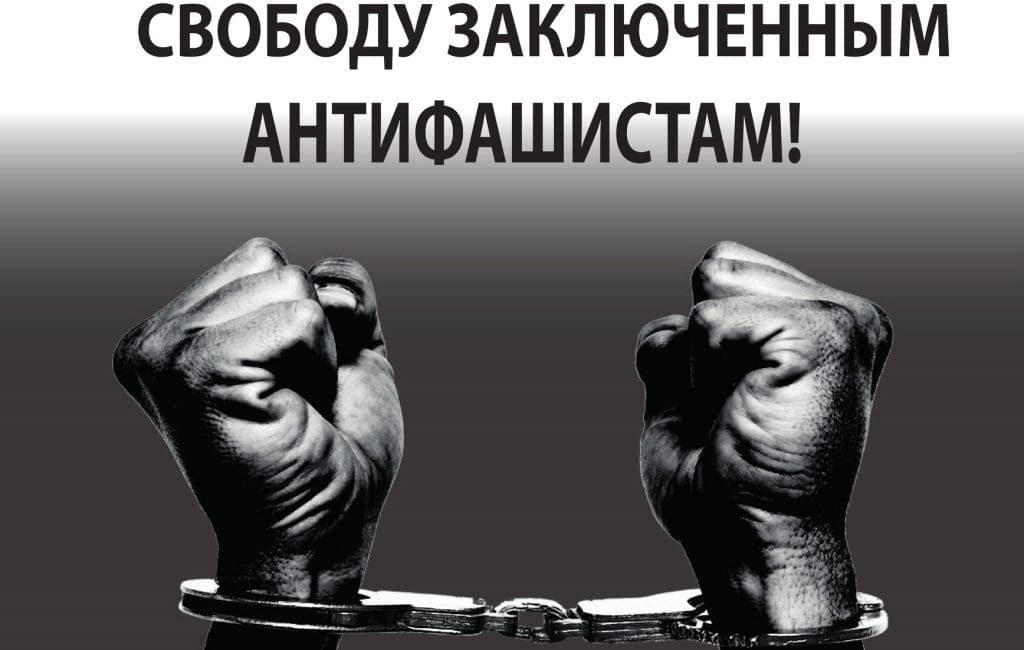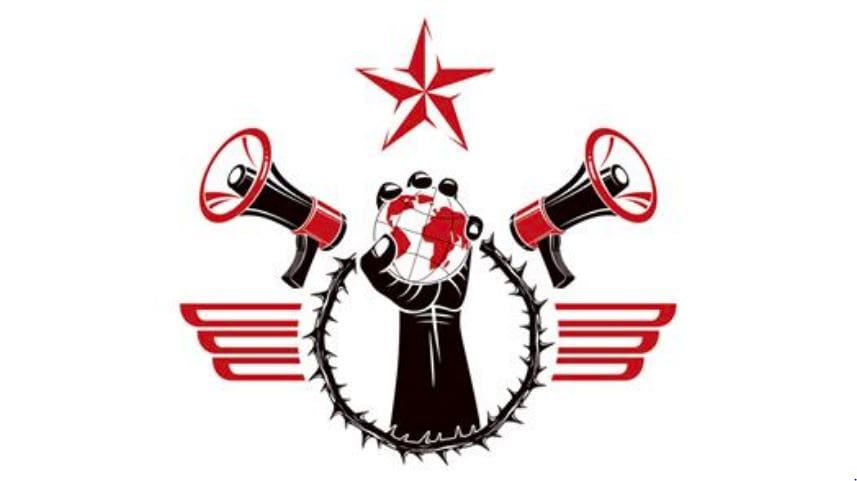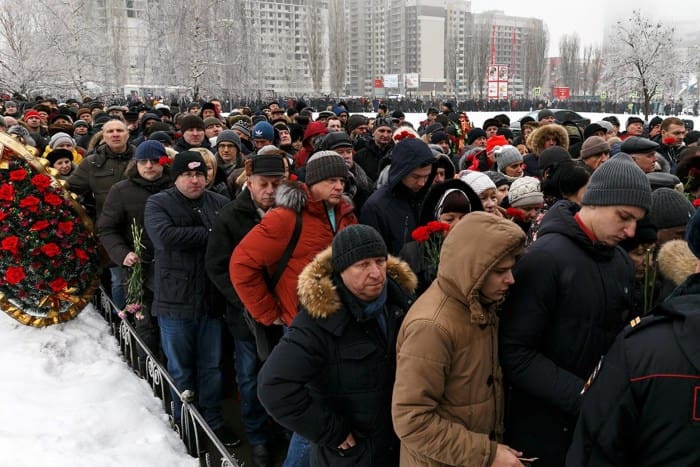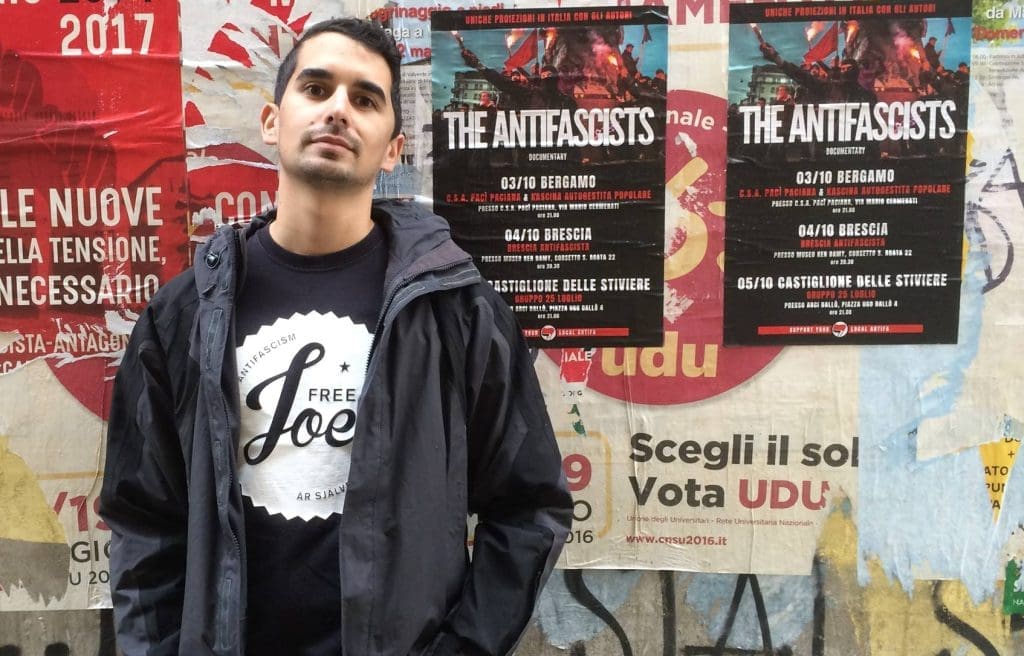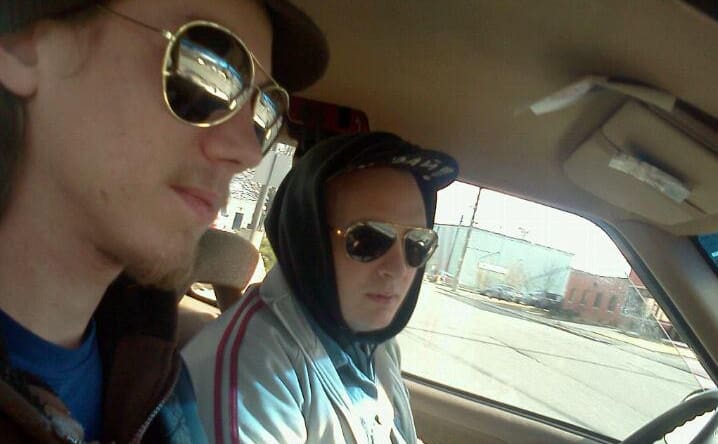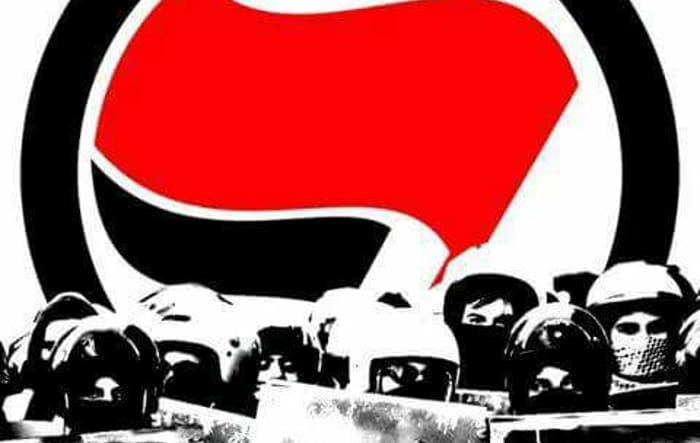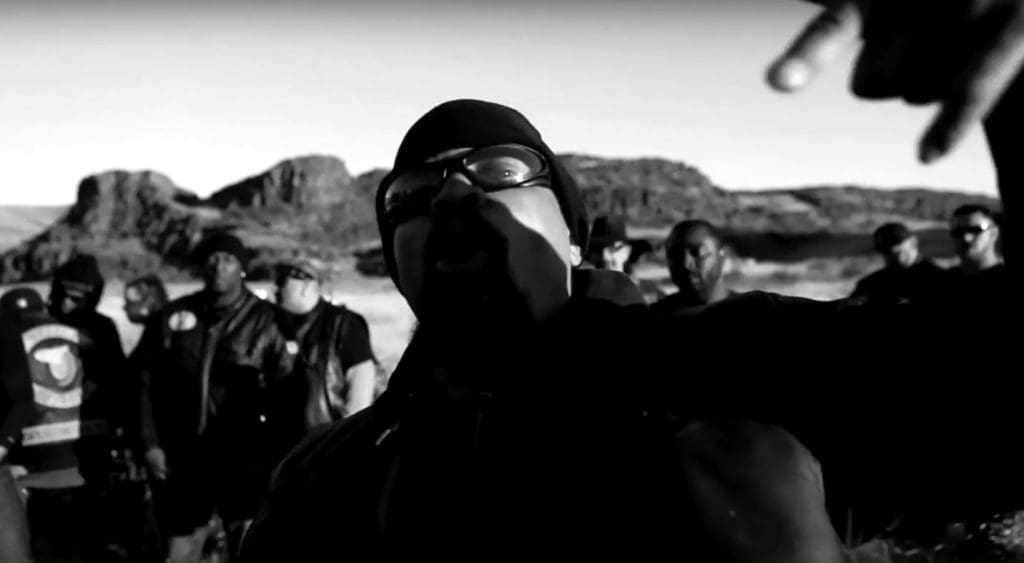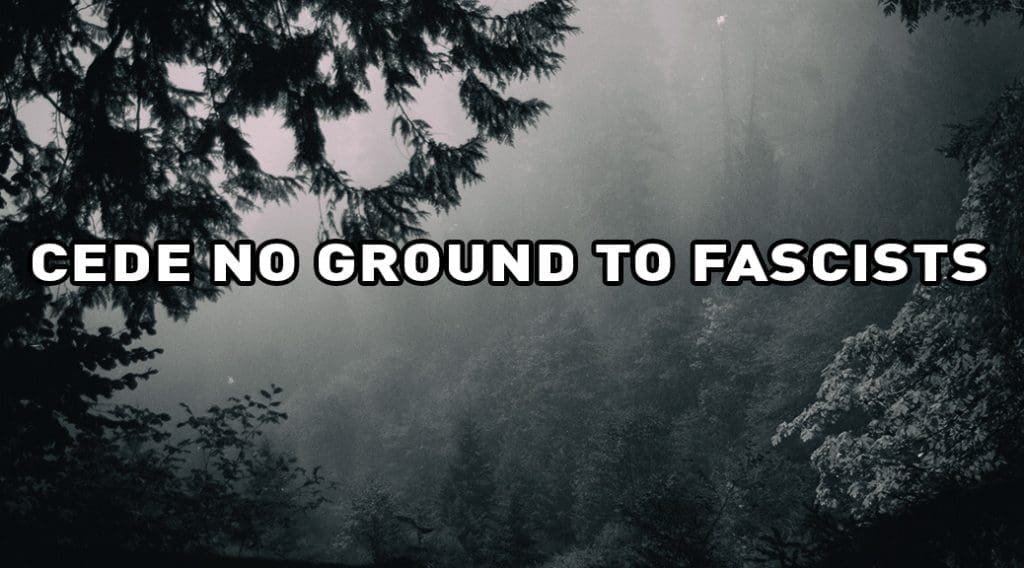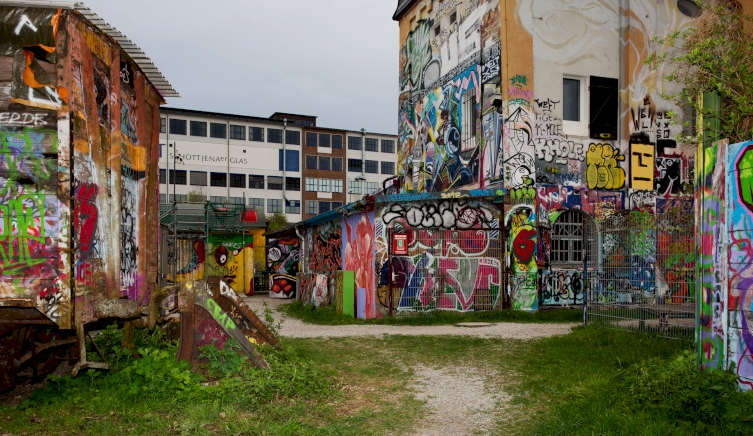SIGMATA: Is Popular-Front Antifascism a Fantasy?
We’re probably incapable, as a society, of forming even a tenuous temporary popular front in the case of extreme emergency. We can’t even appeal, it seems, to the basic precept that genocide is bad. That’s scary.
SIGMATA: Is Popular-Front Antifascism a Fantasy? Read More »

